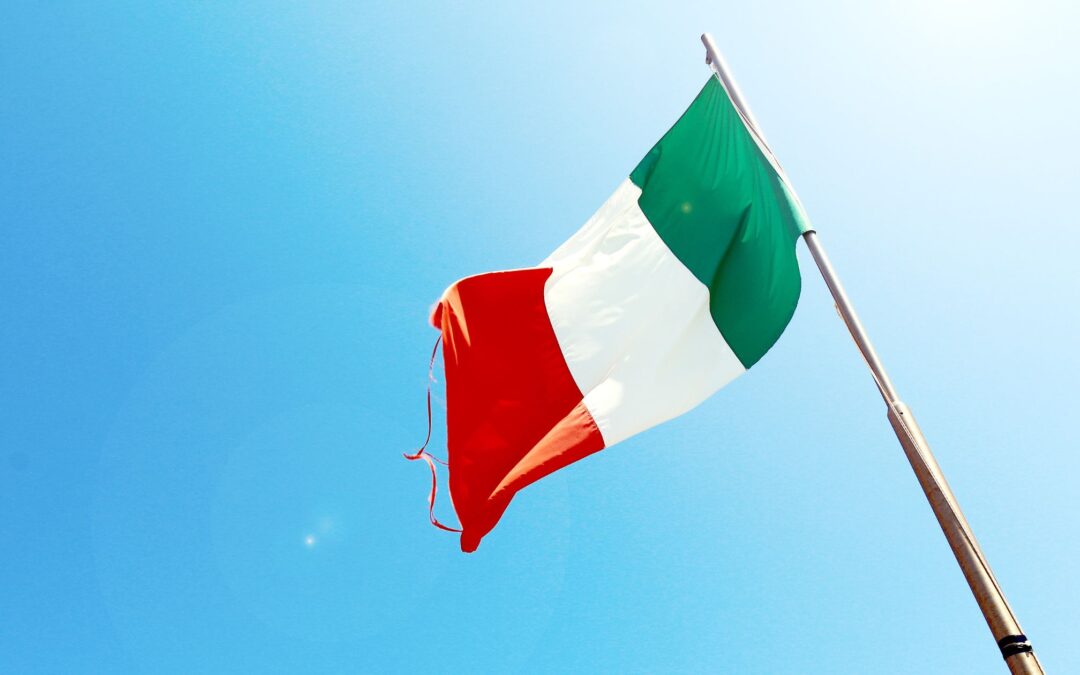The esports community has grown to unprecedented levels in recent years, with the broad esports market set to eclipse $5.7 billion worldwide by 2028. This expansion is due, in part, to the rise of prominent esports teams in numerous countries, creating a highly competitive global patchwork comprising many different games and formats.
One such market is Italy, whose esports scene is rapidly expanding – albeit at a slower pace compared to its European contemporaries. Still, the Italian scene is passionate and is making itself increasingly known on the world stage. These facts make the country an interesting esports entity to watch in 2024 and beyond.
A rising community
Esports in Italy focus on many of the same titles popular in the US, China, and other leading competitive markets; these include, but are not limited to, Starcraft 2, Rocket League, Fortnite, and League of Legends. However, the country has also become prominent in more unique platforms like FIFA 23, Magic: The Gathering Arena, and Painkiller (the latter of which features three top-10 Italian players in the world).
Italian players have helped the country rank 34th in earnings among the 174 countries with a known professional esports presence. Teams such as Dsyre, HSL Esports, Mkers, and NOVO Esports currently rank in the top global percentile of players in their respective formats, with players like Reynor, Andrea Mengucci, Stermy, Obrun2022, and Ettorito97 leading the way.
A bright future
Like many rising esports communities, Italy has used its esports scene to showcase and express its citizens’ fandom for gaming and so-called nerd culture at large. This shift is evident through events like Milan Games Week, Italy’s largest esports- and gaming-themed event, which last year featured two esports stages with live competition across several different games. The three-day festival, scheduled to return in November, was reportedly very well attended, with the esports crowds reaching particularly high numbers as Italy’s teams battled for top ranking.
Events like these reflect Italy’s somewhat unsung presence as a rising esports hub, with its best players helping to instill lasting interest in esports competition post-COVID – an invaluable driver of the collective market’s projected growth. For developing markets like Italy, this trend suggests vital expansion for the medium in the future – ideally, the addition of more competitive outlets for new and established players to hone their craft and bolster their country’s esports passion.
Italy’s burgeoning esports scene is yet another testament to esports’ widespread, communal nature, underscoring its accessibility to a diverse range of players and fans and further solidifying its place as a vital pop culture cornerstone.

